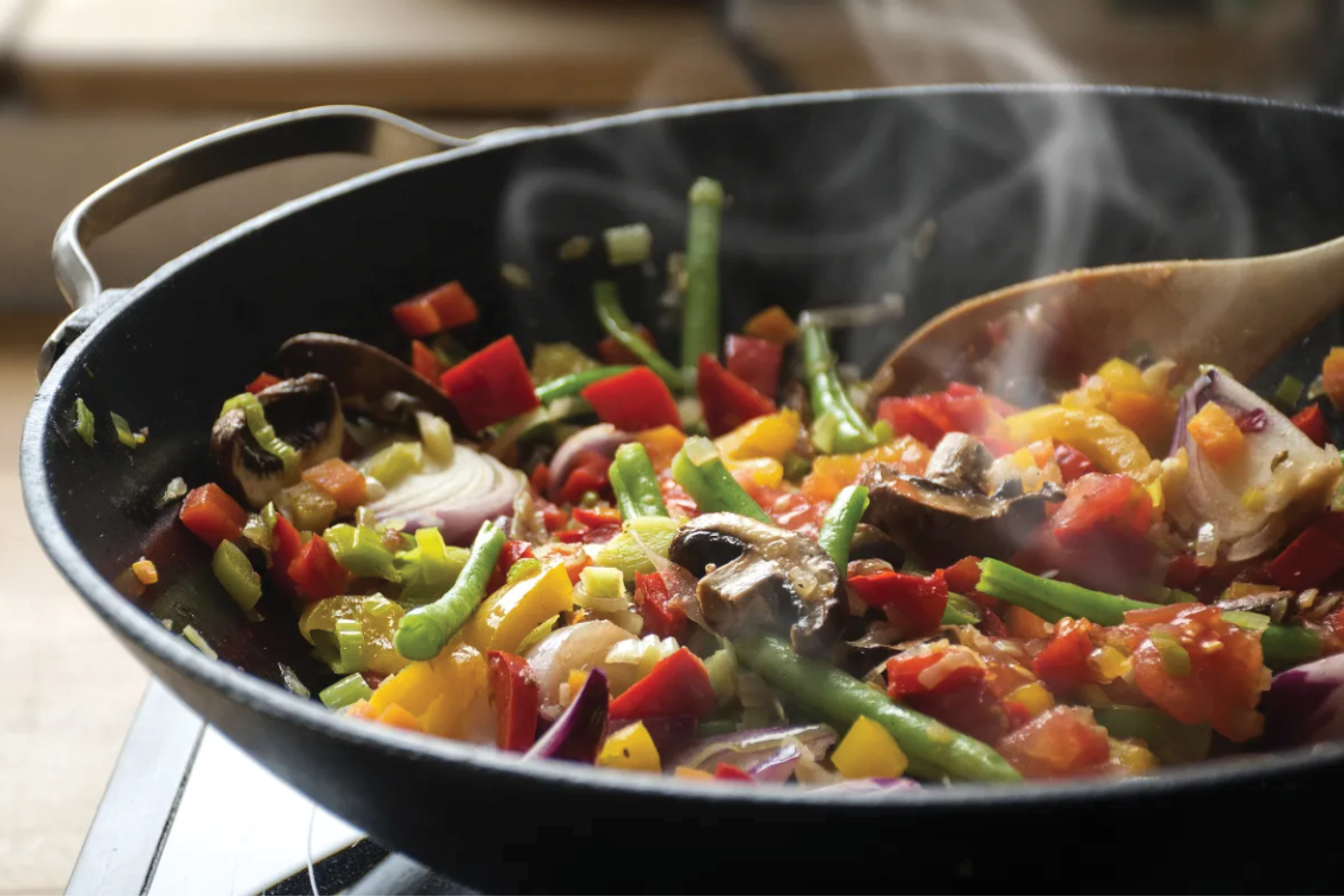A neutropenic diet is typically recommended for people with weakened immune systems, specifically before and after certain types of chemotherapy and other cancer treatments, to help protect them from bacteria and other harmful organisms found in some food and drinks.
This diet should be followed until the provider tells you to resume your regular diet.
The neutropenic diet recommends:
- Avoiding all fresh fruits and vegetables, including all garnishes.
- Cooking foods (like beef, chicken, fish, and eggs) completely (i.e. to the “well-done” stage) to ensure that all bacteria are destroyed. Yolks cannot be runny.
- Avoiding buffets (including salad bars) and cafeteria counters.
- Avoiding raw nuts.
- Eating only pasteurized dairy products; since yogurt and yogurt products have live and active cultures, they must be avoided.
You may consume:
- Cooked vegetables, canned fruits, and juices.
- Baked products with nuts.
- Tap water – if you prefer to drink bottled water, it must be labeled with “distillation”, “reverse osmosis”, or “filtered through an absolute micron or smaller filter. Well water is also allowed if boiled for at least one minute.
When prescribed a neutropenic diet, it is also recommended to be extra mindful of your food handling as follows:
- Wash your hands before handling food.
- Wash all surfaces thoroughly, including cutting boards and utensils thoroughly.
- Keep hot food hot (at or above 140 degrees) and cold food cold (at or under 40 degrees).
Recipe: Broccoli & Pine Nut Pasta

